Harvey Mudd Welcomes New Faculty for 2022–2023
August 12, 2022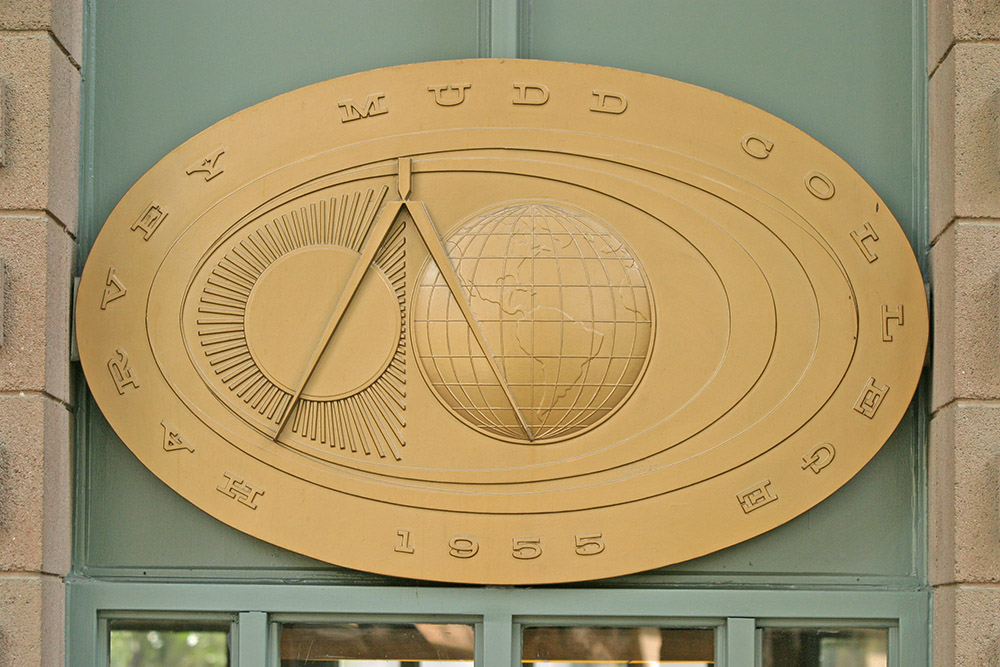
Harvey Mudd College welcomes new tenure-track faculty members, who will join fellow teacher/scholars to develop innovative pedagogies, offer opportunities for student research, engage students in experiential learning and challenge students to develop an informed world view.
Chemistry
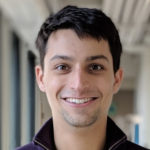
Spencer Brucks studies the intersection of organic chemistry, polymer science and chemical biology. He received an A.B. in chemistry and biology from Cornell University and went on to earn a PhD in chemistry from Columbia University. Prior to arriving at HMC, he was a postdoctoral associate in Laura Kiessling’s group at MIT. There he designed biomimetic glycopolymers and investigated the role of multivalency in influencing microbial behavior. He looks forward to building a research team that investigates how polymer structure influences function and promotes diversity, equity, and inclusion in the community.
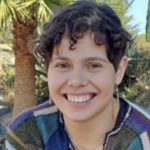
Alicia Hernandez-Castillo is a physical chemist with experience in microwave electronics, laser systems, fast electronics and state-of-the-art techniques to perform spectroscopic measurements. She and her researchers are taking a physical chemistry approach to understanding the mechanism through which anesthetics work. Hernandez-Castillo was a postdoctoral research fellow for two years at the Fritz-Haber-Institute of the Max Planck Society in Germany. She earned a PhD in chemistry from Purdue University where she was a teaching assistant for General Chemistry. She has a B.A. in piano from Conservatorio Nacional de Música as well as a B.S. in chemistry and a master’s in musical composition from Universidad Nacional Autónoma de México.
Engineering
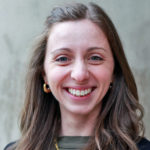
Whitney Fowler designs and synthesizes bio-inspired materials to detect contaminants in water. She received her B.E. in chemical and biomolecular engineering from Vanderbilt University. She then worked for a nonprofit organization where she mentored undergraduate students before beginning work on her PhD at University of Chicago, Pritzker School of Molecular Engineering. Under the co-advisement of professors Matthew Tirrell and Juan de Pablo, she designed materials to selectively isolate and recycle phosphate from aqueous solutions. She says she loves engineering and mentorship because of the potential to “bring about good in students’ lives and through them to the world around us,” so she looks forward to “holistically training up the next generation of diverse engineers to tackle pressing and complex global issues.”
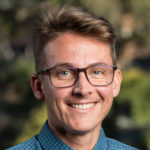
Dre Helmns does research in the area of energy storage and conversion. A postdoctoral researcher at Lawrence Berkeley National Lab, they are working to develop decarbonized space conditioning and water heating systems that incorporate heat pumps, thermal energy storage, evaporative cooling and waste heat recovery components. Specifically, they use physics-based modeling of thermal equipment to enable innovative design and optimal operation of integrated energy systems for buildings and districts. As a queer and trans scholar and educator, Helmns aspires to transform the culture of engineering by cultivating inclusive learning environments and making space for new leaders, while contributing to sustainable solutions for our climate crisis. Their degrees in mechanical engineering are from University of California, Berkeley (PhD and M.S.) and Loyola Marymount University (B.S.). (Begins January 2023)
Physics
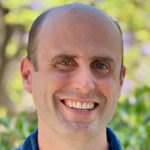
Daniel Tamayo is a computational astrophysicist and planetary scientist, using machine learning techniques to study exoplanets and the evolution of planetary systems over time. A former NASA Hubble Fellowship Program Sagan Fellow in astrophysical sciences at Princeton, he is especially interested in the unresolved question about whether typical planetary systems’ orbital configurations remain essentially fixed or whether they evolve and rearrange over time. Tamayo earned his PhD in astronomy and space science from Cornell University and his undergraduate degree from University of Michigan.
Humanities, Social Sciences, and the Arts
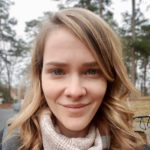
In addition to these tenure-track hires, Harvey Mudd College awarded the Hixon-Riggs Early Career Fellow position to Kathleen Burns, who comes to HMC from the English Department at Duke University where she recently defended her dissertation “Vegetal Forms: How Plants Cultivate Life in Literature and Science” to earn a PhD in English literature. She holds bachelor’s degrees in biology and English literature. Her research encourages making plants central to the history of science, arguing that what we know (or don’t know) about plants has shaped the boundaries we draw between the human and the non-human, as well as hierarchies of race and gender. Burns served as a member of Duke University’s Decisions on Complex Interdisciplinary Problems of Health and Environmental Risk team (D-CIPHER) that engaged faculty and students from the fields of law, science, public policy and the humanities to study issues such as geoengineering, local water quality and the history of ozone-depleting chemicals in terms of risk and decision-making. She is keen to bridge the gap between scientists and the larger public.
